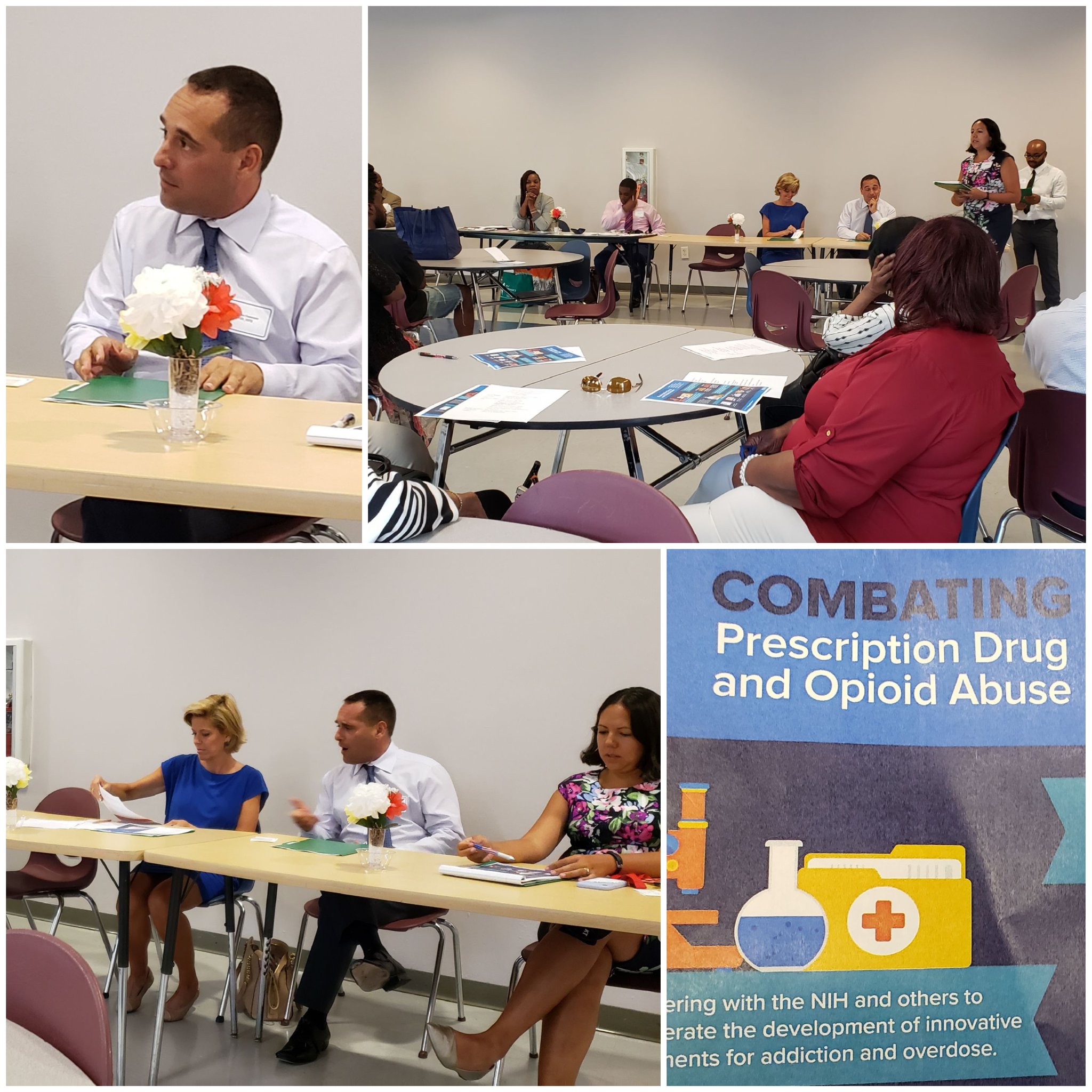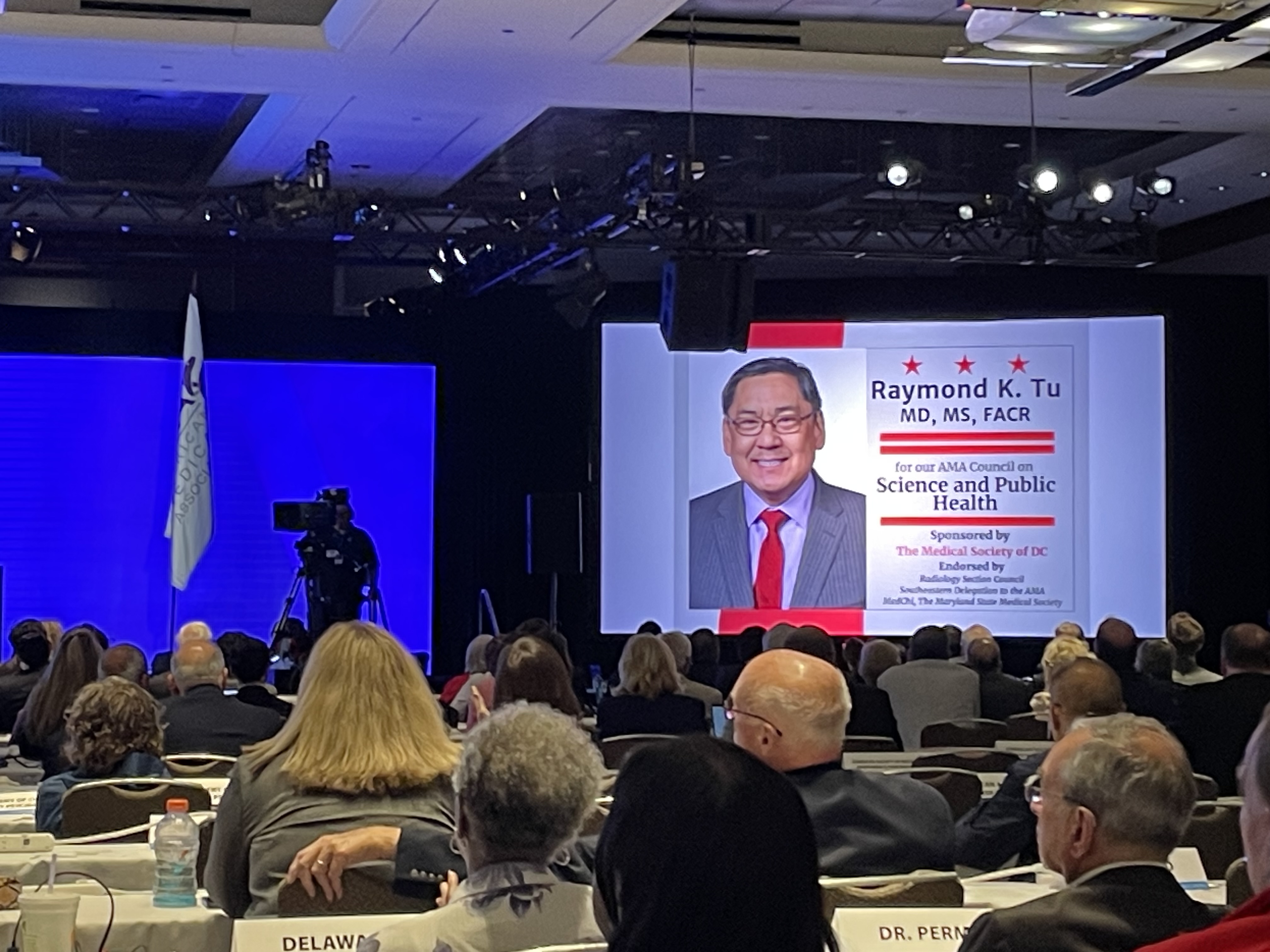Opioid Policies

Much like the rest of the United States, residents of the District of Columbia are struggling with substance use disorder (SUD) rate increases and high rates of opioid-related deaths. Unfortunately, these are multi-faceted issues that require year-long initiatives and systematic programs to address the myriad causes of addiction.
MSDC stands as a partner to the District government and private entities to help arrest the rates of opioid and substance abuse in the District. Through our advocacy for better prescribing practices, education on addiction, and even helping our own community through our Physician Health Program, MSDC is working to make DC a leader in reducing SUD, OUD, and addiction.
On a related note, MSDC is passionate about helping patients make prescriptions and medication more affordable. Whether expanding access to biosimilars or advocating for more affordable co-pays, MSDC wants to help our patients afford the medications they need.
MSDC Statement and Testimony on Opioid and Prescription Issues
25th Council information coming soon
-
 DC represents well at AMA I-25
DC represents well at AMA I-25November 18, 2025
DC physicians spent the past few days influencing policy at the national level with the AMA.
Continue Reading -
 Join the DC FMAP Sign-On Letter
Join the DC FMAP Sign-On LetterApril 30, 2025
Join our letter asking physician members of Congress to opposed reducing DC's Medicaid match from 70% to 50% in reconciliation.
Continue Reading -
 MSDC’s 2025 Capital Healthcare Honors Brings Community Together Around Excellence
MSDC’s 2025 Capital Healthcare Honors Brings Community Together Around ExcellenceMarch 27, 2025
The medical community came together to celebrate the awardees and show the best of DC medicine.
Continue Reading -
 Call for Advocacy Volunteers: Join Our New Task Forces!
Call for Advocacy Volunteers: Join Our New Task Forces!March 13, 2025
MSDC is looking for physicians who (1) want to craft MSDC responses to federal decisions and (2) update our organizational policies, including on policy issues.
Continue Reading
Sample of Legislation MSDC Tracked on Opioid and Prescription Policy
What does it do? The bill authorizes licensed pahrmacists to dispense interchangeable biological products and requires notifications to physicians when such interchangeables are dispensed.
MSDC position: MSDC has a position of priority support on this legislation, identifying its passage as one of its highest legislative priorities.
Current status: SUCCESS. The bill was passed by the Council and signed by the Mayor.
What does it do? The bill requires prescription opioid medications to include a statement that the drug is an opioid and opioids may cause dependence, addiction, or overdoes.
MSDC position: MSDC supports the legislation.
Current status: The bill had a hearing before the Committee on Health on July 29, 2020. MSDC leader Dr. Sam Kareff testified for the Medical Society. It passed the Council on November 10 and was signed by the Mayor December 7.
What does it do? The bill prohibits insurance companies from factoring the use of PreP in decisions related to disability, life, or long-term care policies.
MSDC position: MSDC supports this legislation
Current status: The bill was introduced on January 8, 2019 and assigned to the Committee on Business and Economic Development.
